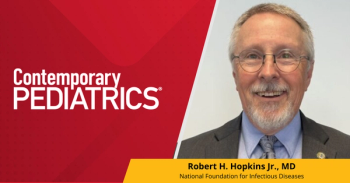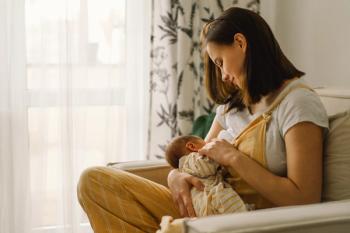
Prioritizing safe sleep practices
Sudden infant death syndrome (SIDS) remains an important public health issue as it ranks as the third leading cause of infant mortality, but co-sleeping is a reality. A session discusses how to effectively communicate safe sleeping practices with adults.
Sudden infant death syndrome (SIDS) remains an important public health issue as it ranks as the third leading cause of infant mortality. Because co-sleeping can be a risk factor for SIDS, it is incumbent on pediatricians to discuss sleeping arrangements with all new parents, said Michal Young, MD, associate professor of neonatology and pediatrics, Howard University, Washington, DC.
Dr Young discussed counseling families about safe infant sleep at a session on Sunday, October 25.
She observed that co-sleeping is a reality, either because it is a common cultural practice in certain racial/ethnic groups, or because it occurs unintentionally when tired parents fall asleep after breastfeeding or bringing a crying child into their bed. Rather than mandating against bed sharing, the counseling conversation should be structured to inform families about safe sleep practices and those posing risk, said Dr Young.
“The goal is to get the parents to listen to the recommendations and not just tune out, which might occur if the topic is approached from the standpoint that co-sleeping should never occur under any circumstances,” she said.
“And, it is important to initiate this discussion before the baby is born, repeat it right after birth, and reinforce the messages at well-child visits.”
The best practice for protecting against SIDS and other sleep-related deaths is to breastfeed and have the infant sleeping in the same room as the parents on a separate firm surface, such as in a crib or bassinet. In addition, the child should be placed on his or her back, and there should be no articles in the crib that can inadvertently cover the face.
Unsafe practices include sleeping with an infant on a sofa, which has been associated with more infant deaths than when infants sleep in cribs or in their parents’ bed. Bringing a baby into bed with a parent who is impaired because of alcohol or use of a hypnotic medication is also a dangerous co-sleeping situation that should be avoided. In addition, co-sleeping with a mother who smoked during and/or/after pregnancy also puts the baby at great risk for SIDS, said Dr Young.
Newsletter
Access practical, evidence-based guidance to support better care for our youngest patients. Join our email list for the latest clinical updates.








